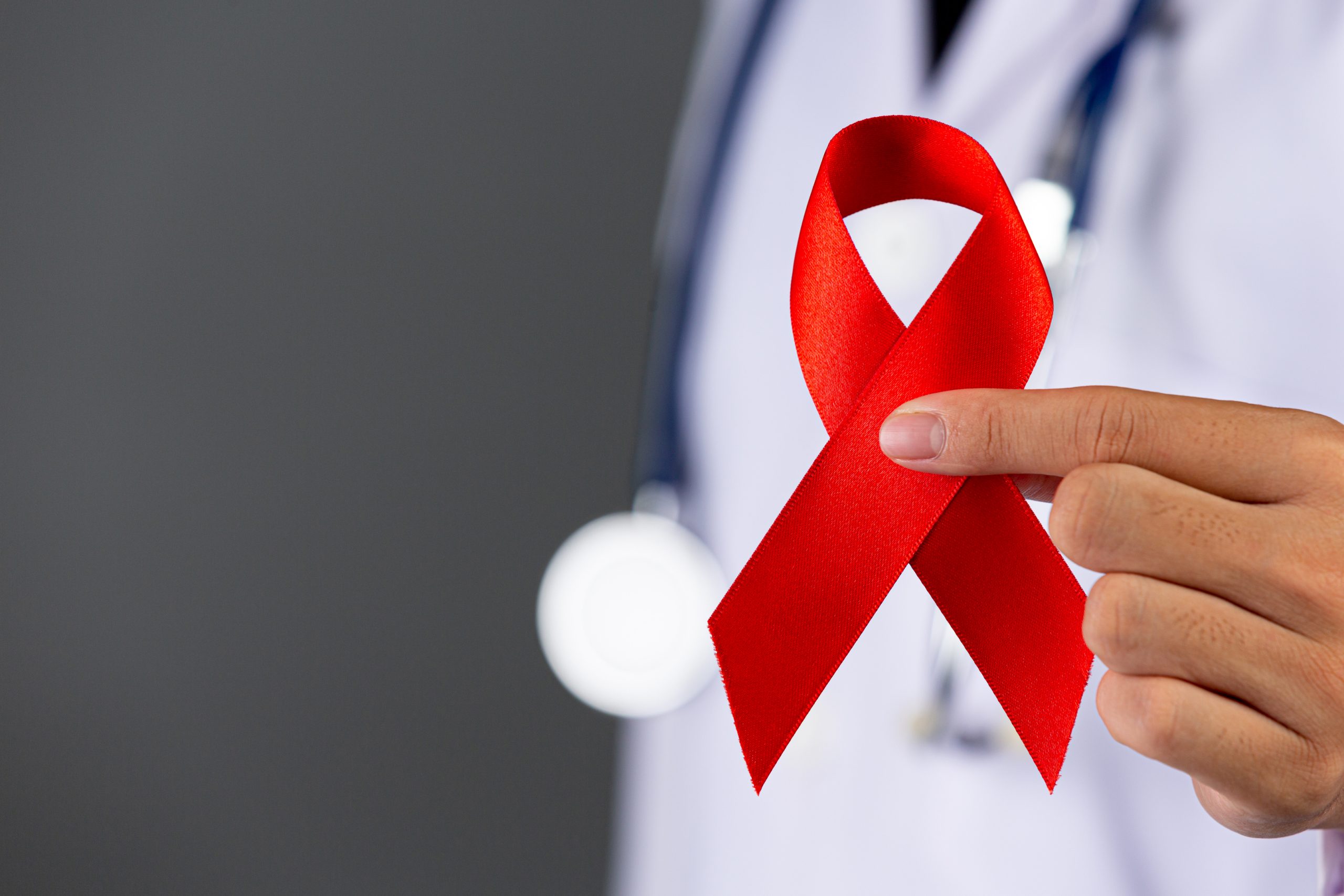

According to a Rutgers University study, if the psychological trauma that many older persons living with HIV/AIDS endure is not addressed, it will be difficult, if not impossible, to put an end to this disease.
With the advent of antiretroviral medications, HIV/AIDS, which was formerly thought to be a death sentence, has transformed into a treatable illness, and many who have it are living longer. However, as this population ages, they are dealing with issues related to their mental and behavioral health that could have a significant negative influence on their well-being—as well as the course of the virus.
“Our findings support the need to target post-traumatic stress disorder and substance dependence and use among older HIV/AIDS-positive people, and suggest that resilience might help increase adherence to antiretroviral therapy regimes,” said Kristen D. Krause, an instructor of urban health at the Rutgers School of Public Health and lead author of the study, which was published in the Journal of Gay & Lesbian Mental Health.
By 2030, the UN set a global goal to eradicate HIV as a public health issue. Antiretroviral therapy (ART) adherence—taking medication as prescribed and avoiding the so-called “pill fatigue”—would need to be maintained for the plan to be successful. Resilience, or the capacity to flourish in challenging circumstances, according to Krause, may be a key factor in ART adherence.
Between April 2017 and October 2018, 250 HIV-positive gay men aged 50 to 69 who resided in the New York City area were surveyed by Krause and colleagues at the Rutgers Center for Health, Identity, Behaviour, and Prevention Studies (CHIBPS) to better understand the relationship between HIV-related resilience and mental health. Dating apps, gay-related events, community-based groups, and word of mouth were all used to find participants.
Participants were questioned about their capacity for overcoming adversity, whether they had or were experiencing post-traumatic stress disorder (PTSD), how they viewed HIV-related stigma, and whether they had ever considered suicide using an HIV-related resilience assessment tool that Krause co-created.
Researchers discovered that those with higher levels of HIV-related resilience were more likely to feel financially secure, had lower levels of PTSD and substance dependence, and have lower levels of both.
The prevalence of PTSD symptoms was about 16 percent, severe depression was present in 14 percent of individuals, substance abuse was reported by 18 percent, generalized anxiety disorder was experienced by 18 percent, and suicidal thoughts were present in approximately 33 percent of participants.
64.4 percent of the sample said they could only just make ends meet or could not survive on their current income.
According to Krause, the findings support recommendations for a more all-encompassing approach to healthcare for this population and highlight significant gaps in mental health treatment for older persons living with HIV/AIDS.
“More and more people are surviving with HIV, and we don’t really know what the long-term effects of that will be,” Krause said. “We’re finding out in real-time. Any piece of information that we can collect will help mitigate the negative impacts of HIV later in life.”
She added: “As we wait for a vaccine or a cure, it’s important to continue building a toolbox of methods and best practices to bring this epidemic to an end. Resilience is one tool in that box.”
more recommended stories
 Nanoplastics in Brain Tissue and Neurological Risk
Nanoplastics in Brain Tissue and Neurological RiskKey Takeaways for HCPs Nanoplastics are.
 AI Predicts Chronic GVHD Risk After Stem Cell Transplant
AI Predicts Chronic GVHD Risk After Stem Cell TransplantKey Takeaways A new AI-driven tool,.
 Red Meat Consumption Linked to Higher Diabetes Odds
Red Meat Consumption Linked to Higher Diabetes OddsKey Takeaways Higher intake of total,.
 Pediatric Crohn’s Disease Microbial Signature Identified
Pediatric Crohn’s Disease Microbial Signature IdentifiedKey Points at a Glance NYU.
 Nanovaccine Design Boosts Immune Attack on HPV Tumors
Nanovaccine Design Boosts Immune Attack on HPV TumorsKey Highlights Reconfiguring peptide orientation significantly.
 High-Fat Diets Cause Damage to Metabolic Health
High-Fat Diets Cause Damage to Metabolic HealthKey Points Takeaways High-fat and ketogenic.
 Acute Ischemic Stroke: New Evidence for Neuroprotection
Acute Ischemic Stroke: New Evidence for NeuroprotectionKey Highlights A Phase III clinical.
 Statins Rarely Cause Side Effects, Large Trials Show
Statins Rarely Cause Side Effects, Large Trials ShowKey Points at a Glance Large.
 Anxiety Reduction and Emotional Support on Social Media
Anxiety Reduction and Emotional Support on Social MediaKey Summary Anxiety commonly begins in.
 Liquid Biopsy Measures Epigenetic Instability in Cancer
Liquid Biopsy Measures Epigenetic Instability in CancerKey Takeaways Johns Hopkins researchers developed.

Leave a Comment